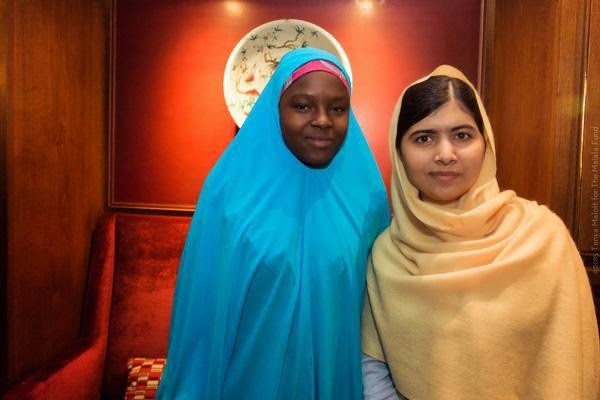Is
being poor a crime? Irrespective of what you think, those who are actually
suffering from poverty think that it is no less than a form of punishment which
suffocates their potential for development. I know this for a fact that poverty
can feel like a crippling and chronic state which not only affects your mind,
but also your health and spirit.
A Disease Named Poverty
Let’s
face it; poverty is a global condition that affects numerous people across
different countries worldwide. In 2011, around 17 per cent of individuals
residing in developing countries survived on or even below US$1.25 per day, according
to data from the World Bank. This goes to show that 21 per cent of the global
population, which is around 1.4 billion people, survive in excessive poverty.
Shockingly, children and women comprise majority of the numbers who live daily in
poverty. Is this acceptable?
Like
most other developing nations, Jamaica is still struggling with issues related
to drafting measures and removing poverty. As per the 2012 Survey of LivingConditions by the Statistical Institute of Jamaica, over 500,000 Jamaicans
(i.e. 1 out of every 5) are surviving below the poverty line. These figures are
seriously striking and it is time for the government to take the necessary
steps in order to continue sustainable development.
Is Education The Cure?
I
believe, the primary solution to eradicate poverty is sufficient investment in
education as it will liberate innumerable Jamaican families and allow them to
break away from this cycle. It has already been observed that several children,
who are brought up in poverty, start their schooling somewhat behind their
wealthy classmates. Moreover, the 2014 National Education Inspectorate (NEI)
report revealed that over 60 per cent of primary and secondary schools in Jamaica
are unable to properly deliver quality education to the students. I agree that
poverty should not be an excuse for failure, but the fact remains that it
affects the mind and spirit of an individual which hampers his abilities to
achieve success. Hence, it is important that we find a solution that will
deliver world-class education at highly affordable rates from reputed
institutions.
I
think currently there is a strong need to provide excellent higher education
and vocational training opportunities to the youth. An accredited degree will
enable them to look for job opportunities in majors companies not only in
Africa, but on a global level. If you ask me, the most feasible solution for
aspiring learners and young professionals in different parts of Africa is to
pursue affordable and quality postgraduate business education as it will give
them the push they need to build a lucrative career.
An Affordable Way To Learn
But
when I am talking about how poverty is affecting education, how can I even
think about expensive business degrees? I am sure you are probably asking the
same question; but the fact is I am not talking about pursuing business degrees
from expensive B-schools. I am merely pointing out to the fact that now you can
earn accredited and affordable business degrees from reputed global
universities by studying online.
Yes...online
business education is one of the most feasible solutions that will empower you
to fight poverty, whether you are in Jamaica, Nigeria or anywhere in Africa. By
studying a postgraduate business management diploma course online you will acquire necessary business skills
and knowledge and drastically improve your employability. However, the best
thing about online degrees is that they only cost a fraction of traditional
full time business degrees offered by the leading B-schools. However with
online learning, you can study the same high quality programmes provided by
major universities at a more affordable manner.
Moreover,
as many employers around the globe are now accepting online business degrees,
you will be able to land your dream job by earning your degree, boosting your
skills and improving your employability. This will help you take the first
major step in the fight against poverty.





